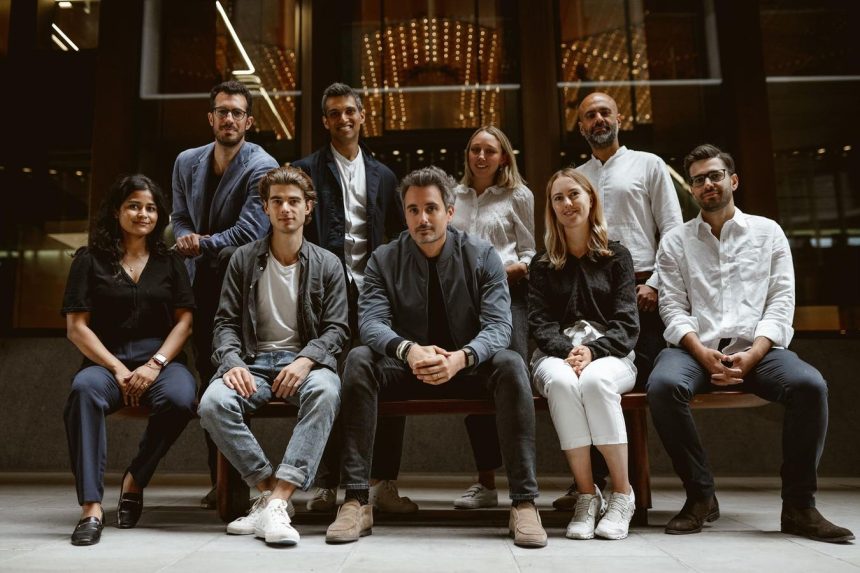The construction and built-world industry, often perceived as resistant to technological advancements, is experiencing a surge of innovation driven by startups. While the outward appearance of construction sites remains largely unchanged, with heavy machinery and manual labor still dominating, a quiet revolution is taking place behind the scenes. Globally, built-world startups are attracting significant investment, with billions of dollars flowing into companies developing new technologies and solutions for the sector. This unexpected growth is fueled by the recognition that the built world encompasses more than just physical structures; it includes the energy consumption, resource management, and overall lifecycle of buildings and infrastructure.
This broader definition of the built world creates opportunities for startups to address critical challenges, particularly in areas like decarbonization and resource efficiency. The intersection of the built world with other sectors, such as climate tech, is driving innovation in areas like smart grid technology and electrification. Furthermore, robotics and automation are gaining traction, offering solutions to labor shortages and improving efficiency in construction processes. Investment in industrial automation and building operations robotics has seen substantial increases, indicating a growing appetite for technology-driven solutions in the industry. This trend challenges the traditional reluctance of investors to support capital-intensive hardware projects, suggesting a shift towards recognizing the potential of hardware solutions in transforming the built world.
The increasing demands on built-world companies, coupled with advancements in robotics, AI, and 5G, are creating an environment conducive to innovation. These new technological capabilities offer the potential for faster development, scalability, and even more cost-effective solutions. While venture capital firms may still be hesitant to directly fund the construction of manufacturing plants, they are increasingly open to investing in startups that leverage partnerships with suppliers for hardware production. This approach allows VC funding to focus on research and development and market entry, making investments more attractive and bankable. The emphasis is on supporting startups that offer “must-have” solutions, those that provide a clear return on investment for end-users through improved operational efficiency, financial performance, or enhanced system capabilities.
A prime example of a successful built-world startup is Smalt, a Berlin-based company that addresses the labor shortage in the installation of equipment like heat pumps and solar panels. By establishing a hybrid online and offline academy, Smalt trains unskilled workers, often migrants, providing them with the skills needed for these installations. The company then deploys these trained workers in installation squads, supported by workflow tools that guide them through the process and ensure quality control. This approach not only solves a critical labor shortage but also empowers individuals with valuable skills and employment opportunities. Smalt’s success demonstrates the potential for startups to identify pain points in the industry and develop innovative solutions that benefit both businesses and individuals.
The key to success for startups in the built world lies in understanding the needs and challenges of established players in the industry. Effective communication and collaboration are essential for building trust and demonstrating the value of new technologies. Startups must actively listen to the concerns of incumbent companies and tailor their solutions to address specific pain points. This involves engaging in extensive discussions with potential customers, presenting clear and concise proposals, and involving them in the innovation process. By demonstrating a deep understanding of the industry’s challenges and offering practical solutions, startups can overcome the conservatism of the sector and gain acceptance for their innovative approaches.
The built-world industry, despite its traditional image, is ripe for disruption. Startups are playing a crucial role in driving this transformation by developing innovative technologies and solutions that address critical challenges. From decarbonization and resource efficiency to labor shortages and automation, startups are finding opportunities to improve the efficiency, sustainability, and overall performance of the built world. By focusing on “must-have” solutions and collaborating effectively with established players, these startups are shaping the future of the industry and creating a more sustainable and technologically advanced built environment for all.



